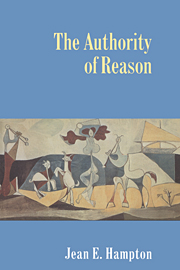Summary
Theology and Absolute Ethics are two famous subjects which we have realized have no real objects.
– Frank RamseyTHE PROJECT
For many years now, an interesting conflict has raged within contemporary philosophy. On one side of the conflict are “objectivist” moral and political philosophers, who believe in and accept the existence of distinctive (and irreducible) moral “values” – words that in this conflict have been used to cover a variety of normative notions fundamental to moral and political theories – for example, rights, duties, goods, and reasons for action. These philosophers maintain that moral judgments that involve values can be true or false, and that these moral facts cannot be reduced to the sort of facts recognized by scientific theories. In that sense, they believe there are value-laden, nonreducible moral judgments that are objective. On the other side of this debate are the “naturalists,” who insist that the world, as our best scientific theories portray it, does not and cannot contain values. Since values are the stuff of the theorizing of the moral objectivists, it follows from the naturalists' position that there can be no uniquely moral facts. Hence they deny the possibility that there are value-laden, nonreducible moral judgments that are objective.
- Type
- Chapter
- Information
- The Authority of Reason , pp. 1 - 16Publisher: Cambridge University PressPrint publication year: 1998



